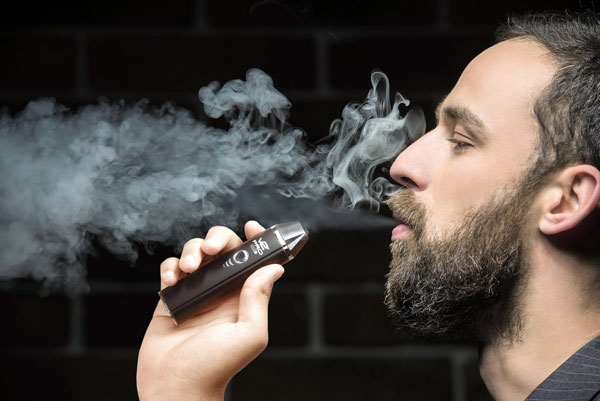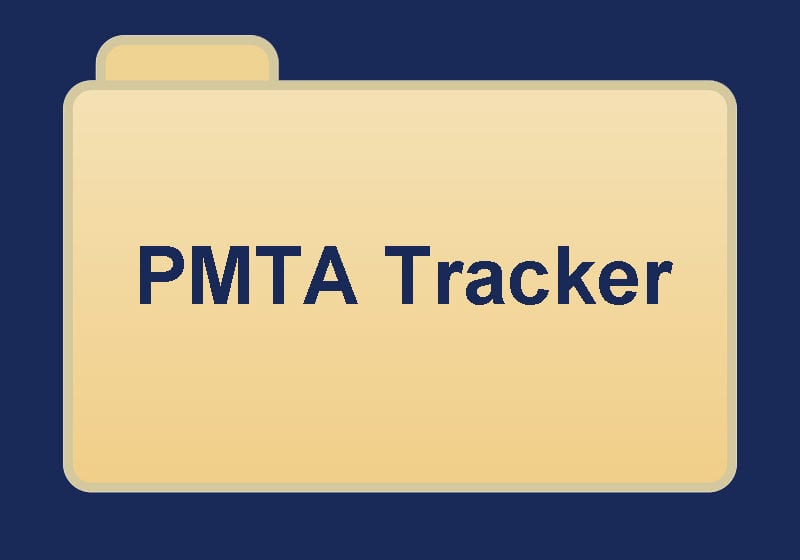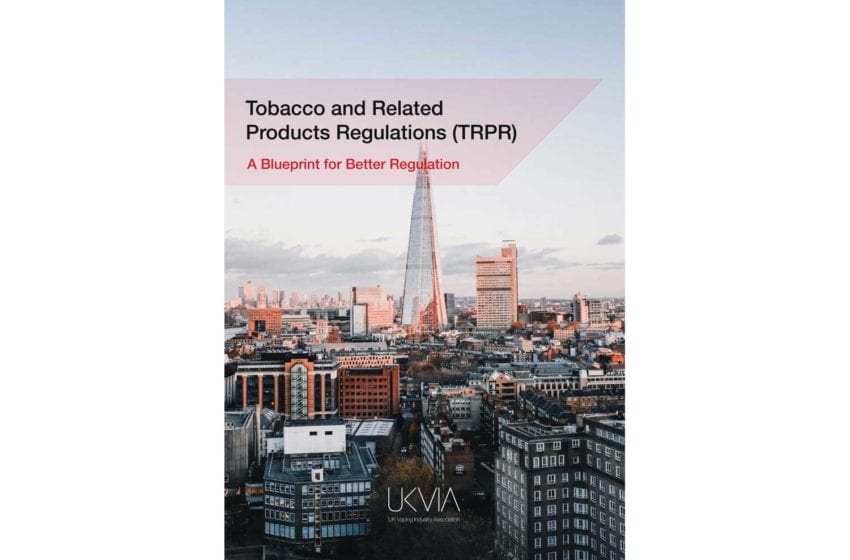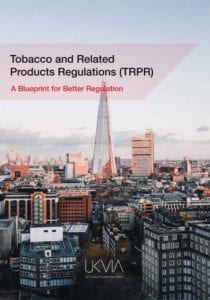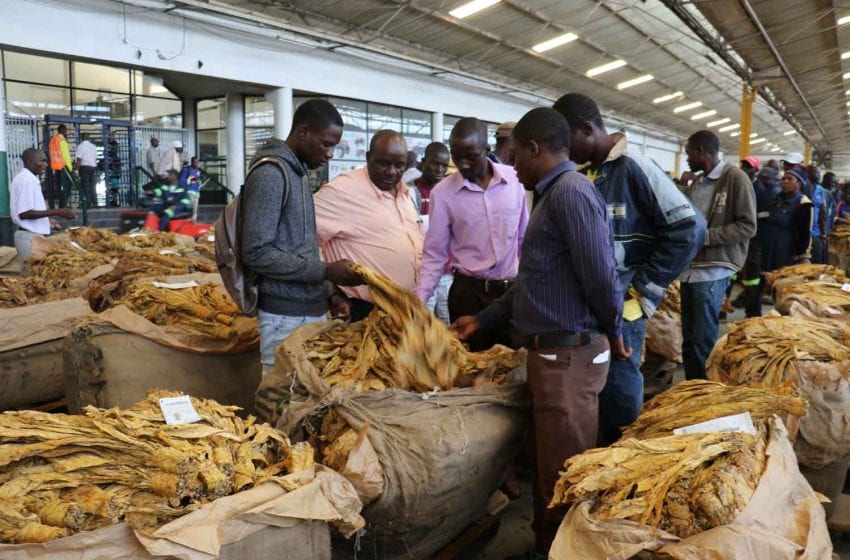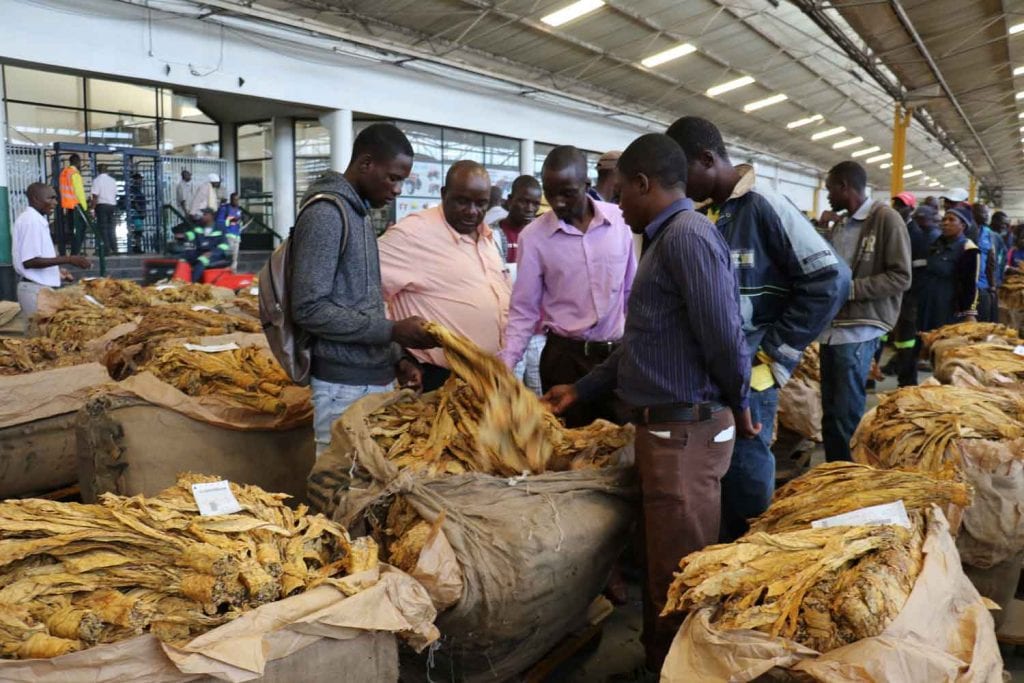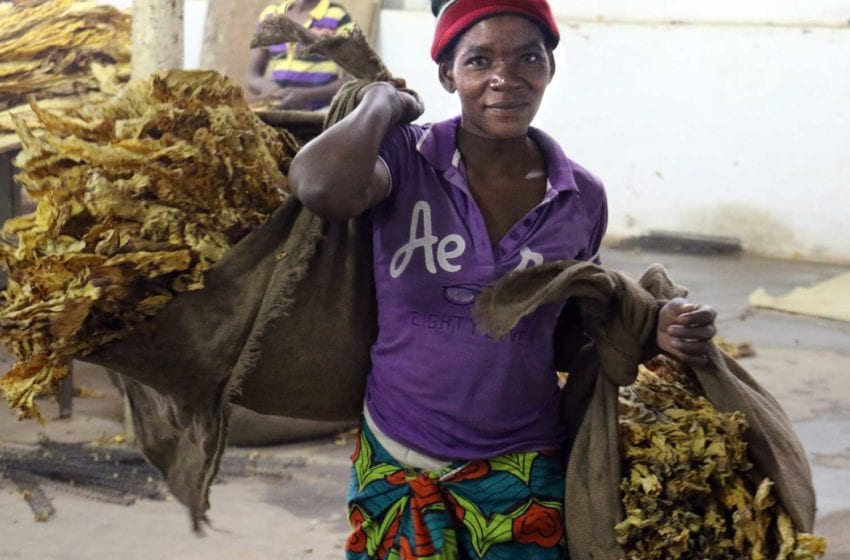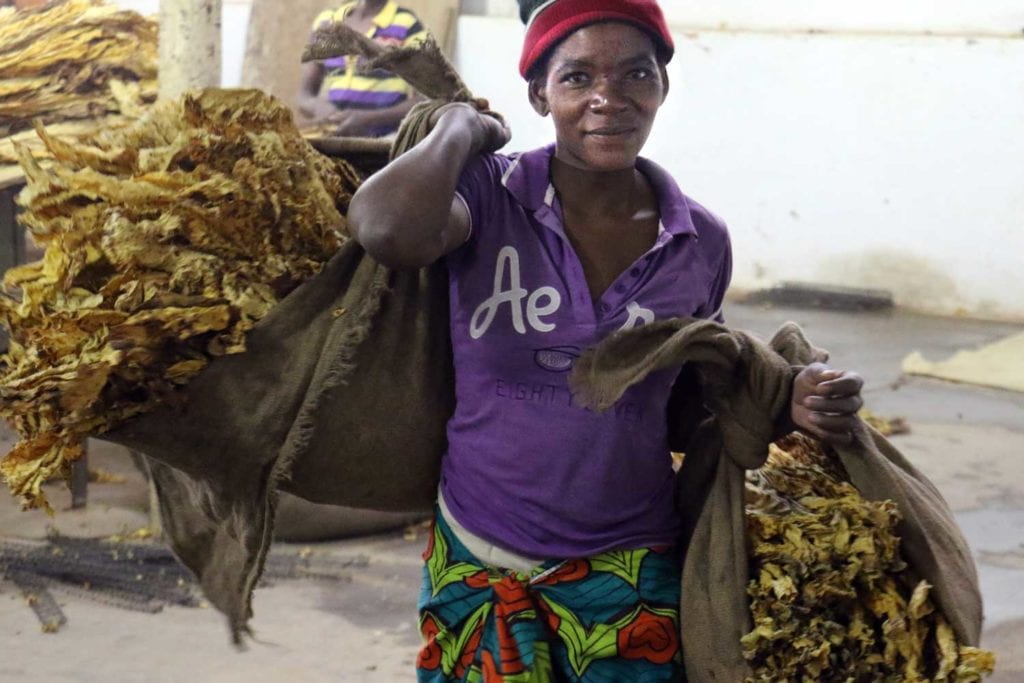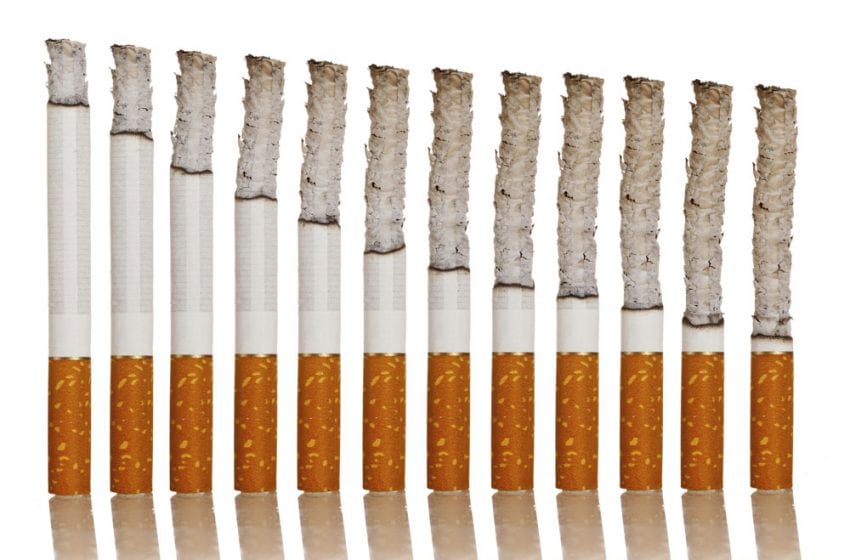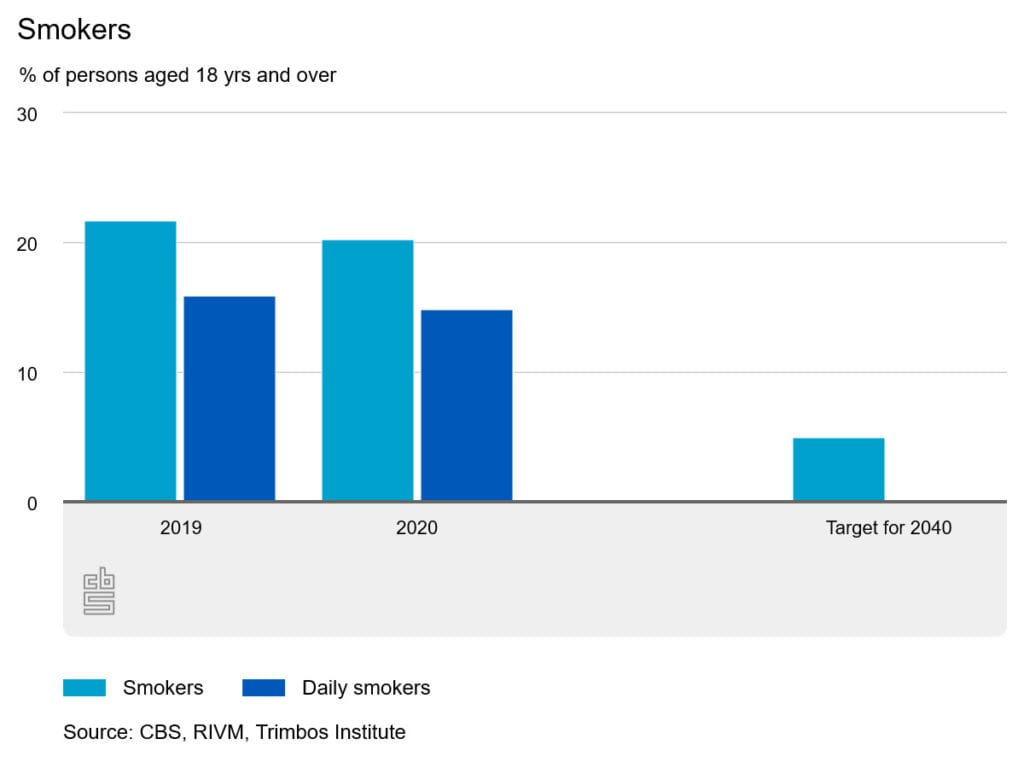
Swedish Match has released its annual report for 2020.
Highlights included record sales and operating profit, driven by strong traction for ZYN nicotine pouches in the U.S., and double-digit operating profit growth in local currencies for the smokefree and cigar product segments.
In local currencies, sales increased by 17 percent. Reported sales increased by 13 percent to SEK16.7 billion ($1.96 billion), despite significant strengthening of the Swedish krona during the year versus the U.S. dollar, the Norwegian krona and the Brazilian real.
In local currencies, operating profit from product segments increased by 28 percent. Reported operating profit from product segments increased by 23 percent to SEK7.16 billion.
Operating profit amounted to SEK6.99 billion and profit after tax was SEK4.89 billion.

We enter 2021 as a stronger, yet different, company.
Lars Dahlgren, president and CEO, Swedish Match
“On a local currency basis, all product segments delivered top-line and operating profit growth for the year,” said Lars Dahlgren, president and CEO of Swedish Match. “The U.S. smokefree business contributed with significant year-on-year sales and profit growth throughout the whole year. For cigars in the U.S. and for the first half, the year-on-year financial development was negatively impacted by Covid-19, but over the course of the second half of 2020, we saw an impressive recovery with accelerated volumes, sales and operating profit growth.”
Dahlgren expressed optimism about 2021. “We enter 2021 as a stronger, yet different, company,” he said. “The success that we experienced in 2020 would not have been possible without the tireless dedication and ingenuity of our employees, the long-forged relationships that we have with our vendors and the continued passion and trust that our customers and consumers place in Swedish Match and its brands.”


